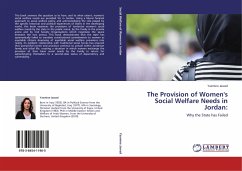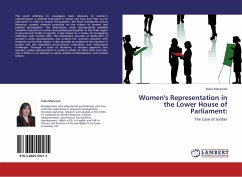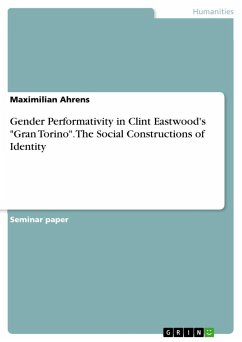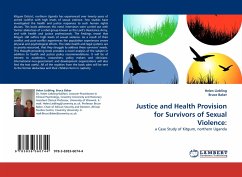This book answers the question as to how, and to what extent, women's social welfare needs are provided for in Jordan. Using a liberal feminist approach to social welfare policy, and acknowledging the role played by the specific historical and political experiences of states in the developing world, this book examines the provisions of Jordanian women's social welfare needs by the state in the public arena, by the family in the private arena and by Civil Society Organisations which negotiate the space between the two arenas. This book demonstrates that the state has systematically failed to translate constitutional commitments to women as equitable citizens deserving of equitable social welfare provisions into reality. Its symbolic relationship with traditional social forces has ensured that patriarchal norms and practices continue to prevail within Jordanian family and tribal life, creating a situation in which women exchange the provision of their basic social needs by the family in return for subordinating themselves to a second-class status of dependency and vulnerability.
Bitte wählen Sie Ihr Anliegen aus.
Rechnungen
Retourenschein anfordern
Bestellstatus
Storno








